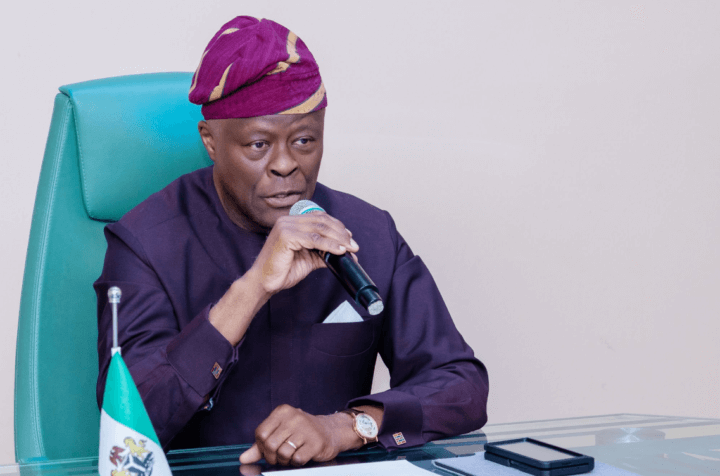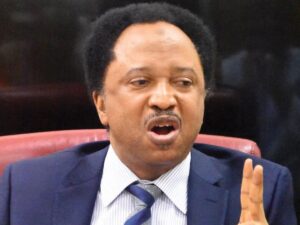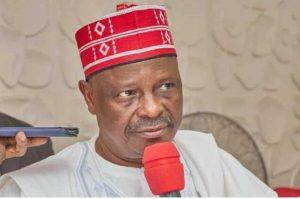Wale Edun, Minister of Finance and Coordinating Minister of the Economy, has disclosed that Nigeria spends $600 million each month on fuel imports.
He said that this significant expenditure is partly because neighbouring countries, extending to Central Africa, are benefiting from these fuel imports. Edun made this statement during an interview on AIT’s Moneyline program, which was shared on their YouTube channel on Wednesday.
He elaborated that this situation prompted President Bola Tinubu to eliminate the fuel subsidy, as the country lacks precise data on its domestic fuel consumption.
A report from the National Bureau of Statistics indicates that the nation’s petrol imports dropped to an average of one billion litres per month after President Bola Tinubu removed the fuel subsidy on May 29 of last year.
He said: “The fuel subsidy was removed May 29, 2023, by Mr President, and at that time, the poorest of 40 per cent was only getting four per cent of the value, and basically, they were not benefitting at all. So it was going to be just a few.
“Another point that I think is important is that nobody knows the consumption in Nigeria of petroleum. We know we spend $600m to import fuel every month but the issue here is that all the neighbouring countries are benefitting.
“So we are buying not for just for Nigeria, we are buying for countries to the east, almost as far as Central Africa. We are buying. We are buying for countries to the North and we are buying for countries to the West. And so we have to ask ourselves as Nigerians, how long do we want to do that for and that is the key issue regarding the issue of petroleum pricing.”
He stated that the country needs to take decisive action to address the issue, as it hinders economic growth.
Meanwhile, Nigeria’s spending on premium motor spirit, commonly known as petrol, surged to N2.6 trillion in the first quarter of 2024, marking a 46 per cent rise from the previous quarter.
In the fourth quarter of 2023, the cost of motor spirit imports was N1.8 trillion, with the total expenditure for 2023 amounting to N7.5 trillion. The increase in costs is attributed to the depreciation of the exchange rate, which reached a record low at the end of the first quarter of 2024.
For instance, in dollar terms, fuel imports were roughly $2 billion, based on a closing exchange rate of N1,309 as of March 2024.










More Stories
‘N1m not enough,’ Sani tells Kano govt over donation to families of 22 deceased athletes
Gov Eno says daughter’s viral video over wife’s death is political
Obi laments, says Africa plagued with bad leaders